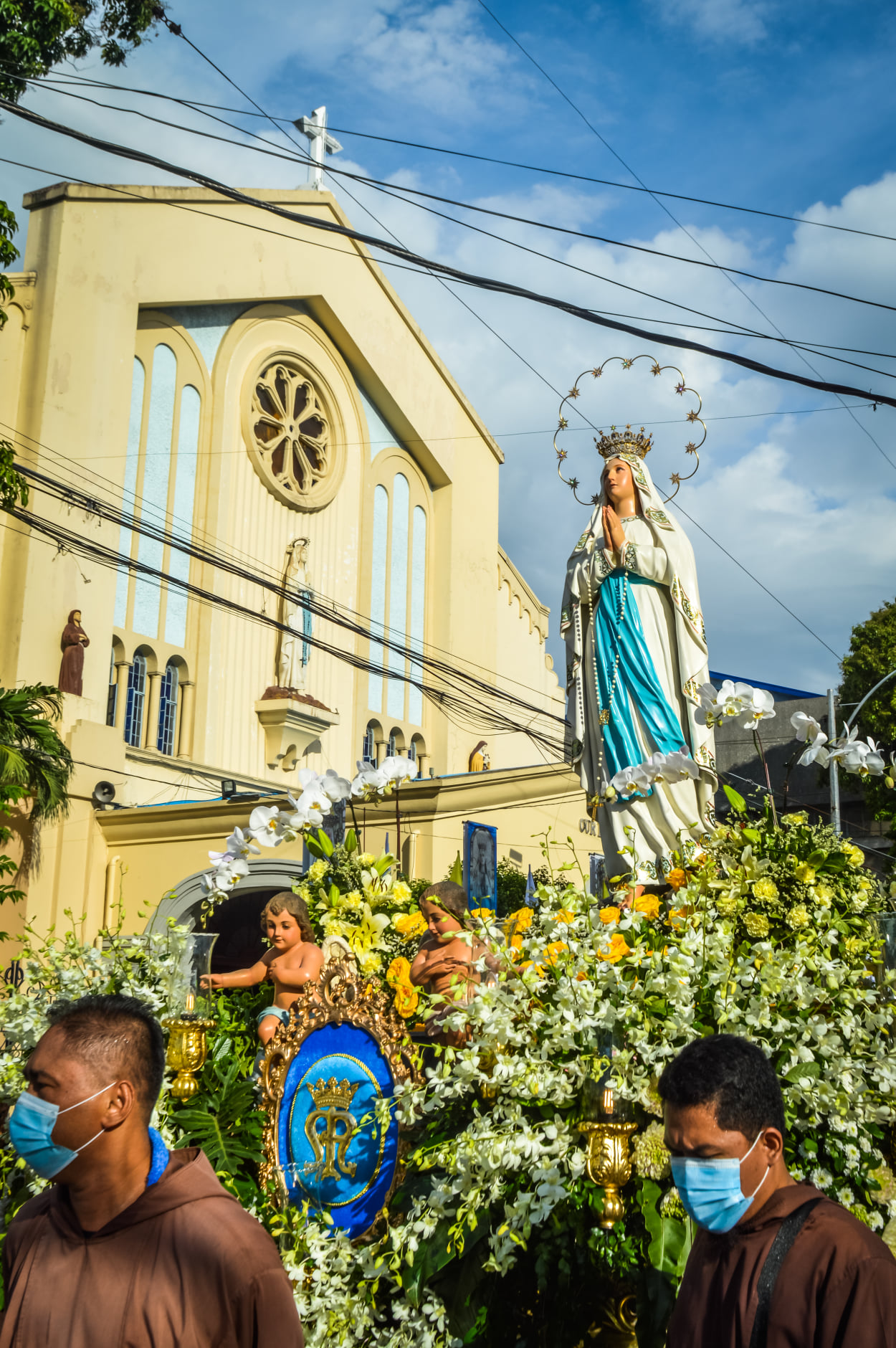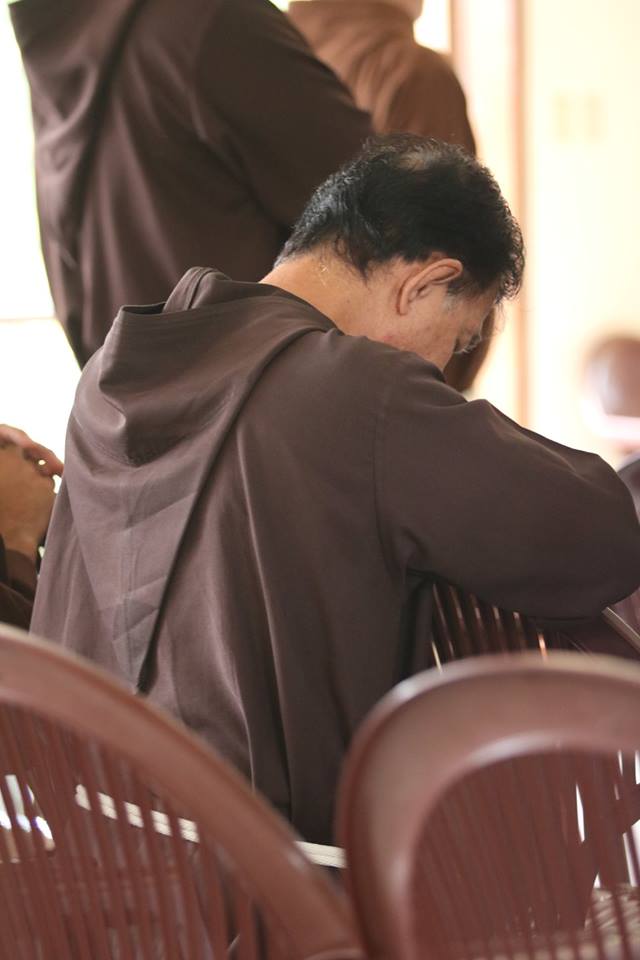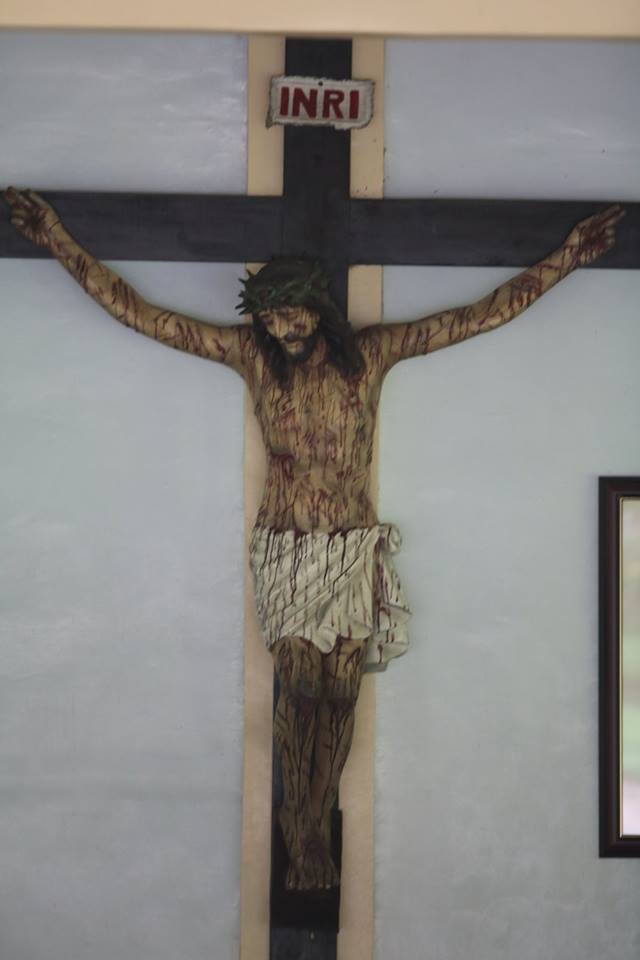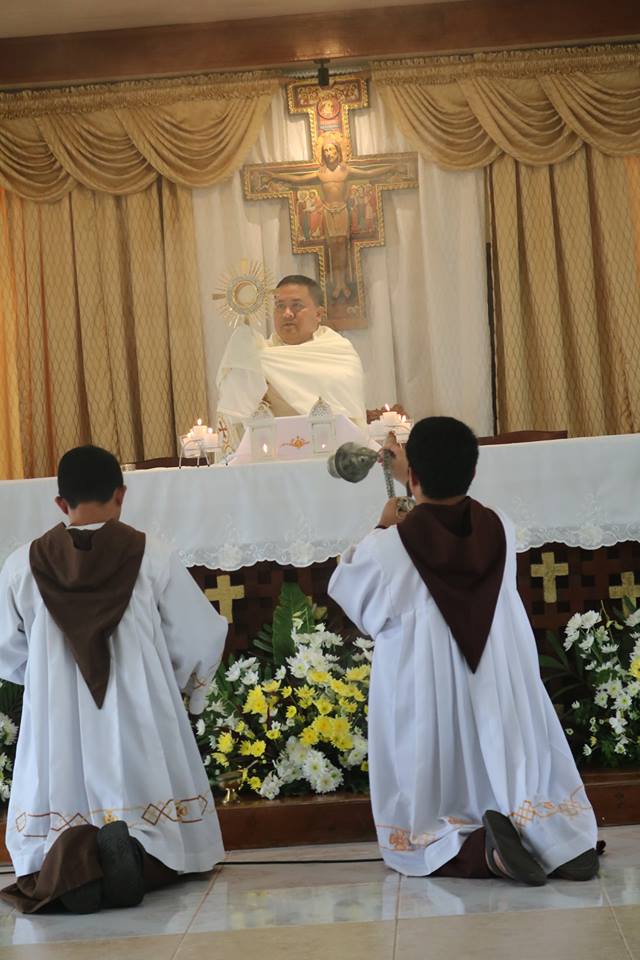The word “spirituality” means to be concerned with religion or religious matters, and a way of relating to God. The Capuchin Franciscans have a unique spirituality rooted in the life and example of St. Francis and the inspiration of the Capuchin Reform.
The fraternal Gospel life is the unifying identity of all Franciscans. The Capuchins, desiring to return to the original inspiration of St. Francis, stressed certain aspects which they viewed as central to an authentic living of this Gospel brotherhood. The Capuchin Constitutions define this unique identity as follows:
Capuchin spirituality takes its most concrete expression in the life and witness of the Order’s many canonized saints. Among these incredible men, several commonalities are clear: centrality of the Eucharist, fervent devotion to Our Lady and her Rosary, long hours in prayer, bodily mortification and an austere lifestyle, and a special affinity and closeness to the common people, especially the poor.






